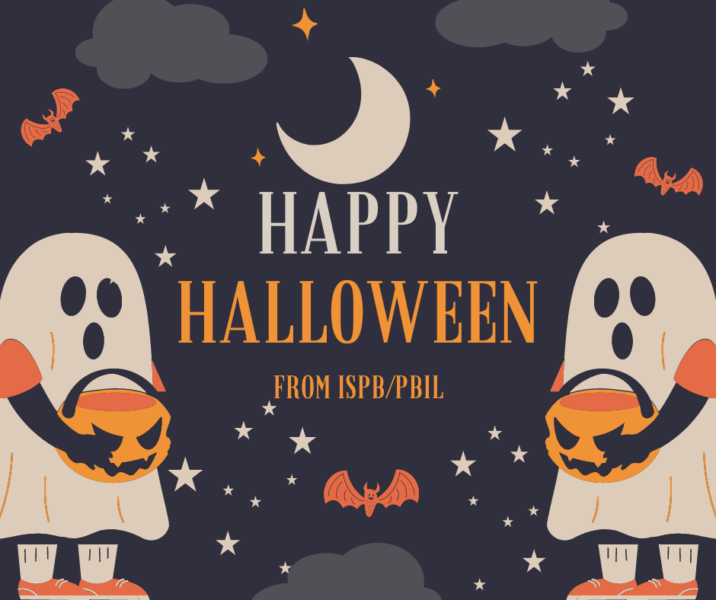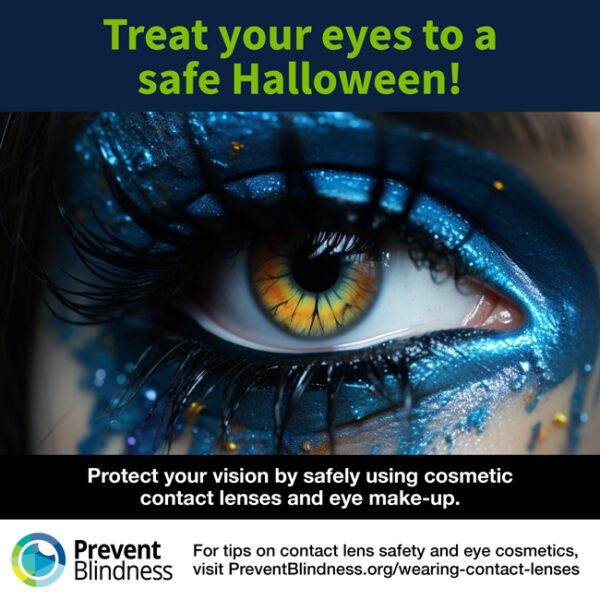ISPB and Prevent Blindness Illinois (PBIL) have once again declared October as Contact Lens Safety Month. The purpose of the awareness initiative is to educate the public on the proper use of contact lenses, both prescription and cosmetic. We offer fact sheets, shareable social media graphics, and dedicated webpages.
ISPB and PBIL also offer the “Contact Lens Safety” episode as part of its Focus on Eye Health Expert Series. Prevent Blindness President and CEO, Jeff Todd discusses patient advocacy, and the potential dangers of misusing contact lenses with Dr. Thomas L. Steinemann, professor of ophthalmology at Case Western Reserve University.
Approximately 45 million Americans wear contact lenses, according to the U.S. Food and Drug Administration (FDA). Used correctly, contact lenses can be a safe and effective way to provide clearer vision for users. However, many people may not be aware that contact lenses are classified as prescription medical devices. The FDA states that contact lenses are not over-the-counter devices and that companies that sell them as such are misbranding the device and violating Federal Trade Commission regulations by selling contact lenses without a prescription.
This also applies to “decorative” or “cosmetic” contact lenses. These are particularly popular with costume wearers during the Halloween season. Even though these types of lenses do not provide vision correction, it is illegal to sell contact lenses without a prescription.
We urge those who are interested in using contact lenses to first consult an eye doctor to help keep eyes healthy and avoid painful eye issues, including the risk of permanent vision loss. The American Academy of Ophthalmology states that serious eye infections can occur without proper cleaning, disinfecting and storing of contact lenses. Contact lenses that are old or that do not fit well can scratch the eye (corneal abrasions), cause corneal ulcers, and increase risk of bacterial infections.
Individuals who wear any type of contact lenses are at the highest risk for contracting Acanthamoeba Keratitis (AK). A serious eye infection that affects the cornea, AK is caused by exposure of the eye to water in pools, lakes, oceans, and even tap water, that contains the Acanthamoeba organism. If left untreated, AK can lead to severe vision loss, and in many cases blindness or eye loss. For more information, we offer the free “Acanthamoeba Keratitis and Contact Lenses” fact sheet and webpage.
ISPB and PBIL recommend contact lens wearers immediately contact their eye doctor if they experience any of the following problems:
- Unexplained eye discomfort or pain
- Redness of the eye
- Watering eyes
- Vision change
For more information and tips on contact lens safety, please visit https://preventblindness.org/wearing-contact-lenses/ or https://preventblindness.org/acanthamoeba-keratitis-contact-lenses/.




